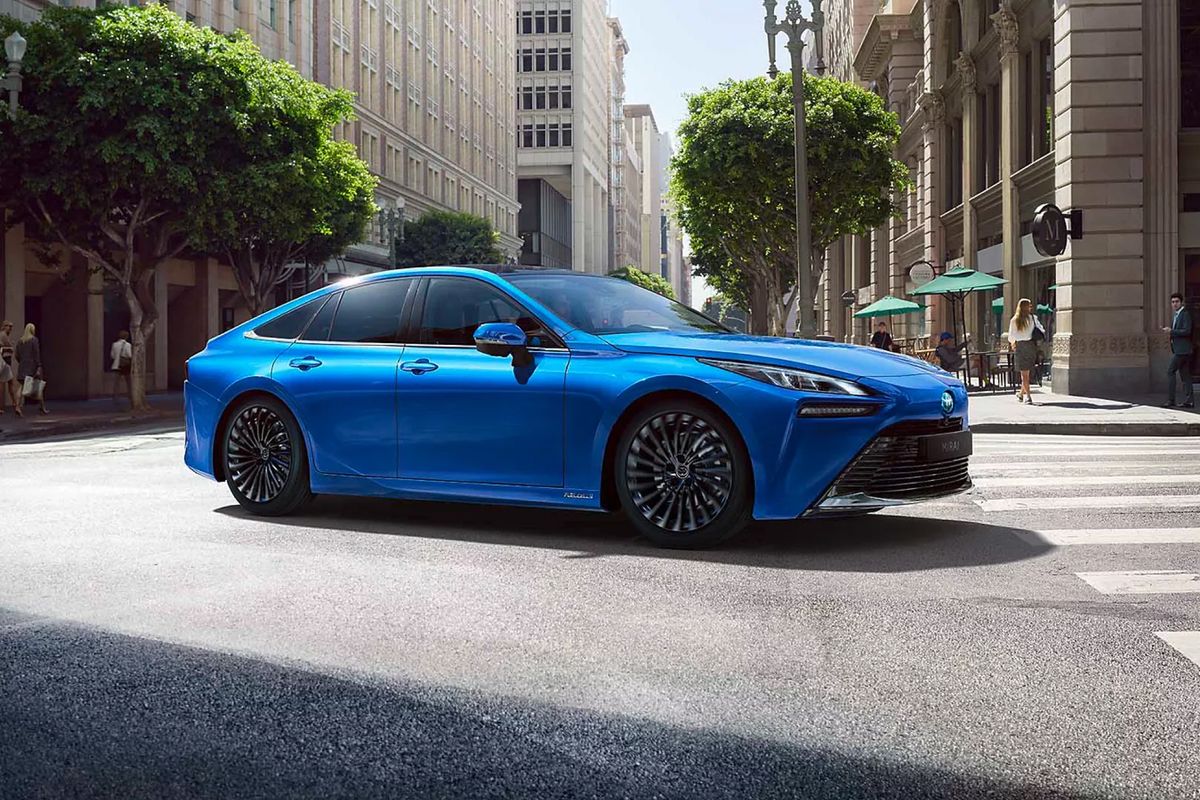Many people are wrong about hydrogen cars, here is why

Some have touted hydrogen cars as the future of transportation, but I think this is a mistaken belief. Battery electric cars are more capable of replacing internal combustion engine cars.
"I will not buy an electric car. I will wait for hydrogen cars to be ready. I believe they are the future because you can fill them in 5 minutes like a diesel car!". That's a statement I often hear from many people who don't clearly understand what battery electric cars (BEV) and hydrogen fuel cell electric vehicles (FCEV) are.
After spending the last 15 years studying the topic of electric cars, I'm convinced that a massive shift to hydrogen cars will never happen. I concluded that BEVs are more appropriate for car drivers and energy challenges.
The first thing people don't always get is hydrogen cars also embed electric motors and batteries. The main difference with an electric vehicle is that the battery is significantly smaller and connected to a fuel cell, itself alimented by a hydrogen tank. This tank is designed to store hydrogen at high pressure, 700 Bars or 10,000 psi, which is enormous.
Security is essential as hydrogen is a highly flammable gas that can cause fires and explosions if improperly handled. It is colorless, odorless, and tasteless, making it difficult to detect leaks.
Dedicated fueling stations have been developed to minimize the risks of refueling hydrogen cars. They have safety features such as automatic shut-off valves and sensors that detect leaks. Hydrogen fires are notably hard to detect because they burn with a low radiant heat and almost invisible pale blue flame, making them difficult to see with the naked eye until you are very close to them.
It doesn't mean hydrogen can't be manipulated safely. Still, risks arise if we deploy fueling stations and "hydrogen tanks on wheels" on a massive scale. Currently, world hydrogen is handled by professionals, primarily in industrial sites. The stakes are different when the public uses hydrogen at scale.
For sure, batteries are not exempted from risks. Regardless, they seem easier to handle. The billions of mobile phones produced with lithium batteries have already proved it.
Another issue is the production and distribution of hydrogen. For electric vehicles, electricity can be produced with renewable energies and distributed at the speed of light in the electric grid in basically every place. It's way more complex for hydrogen.
Hydrogen is not naturally available in its pure form on Earth, so it must be extracted from other sources, such as natural gas. Currently, 95% of hydrogen is produced from fossil fuels, with the resulting carbon dioxide emissions. Only a tiny part of hydrogen is made from renewable energy.
The most promising solution seems to use renewable energy sources like wind or solar power to create electricity and then perform water electrolysis to produce "green hydrogen". This entire process is energy-intensive and expensive, making it challenging to provide hydrogen fuel at a competitive price.
Here is where the efficiency question arises. When you produce electricity to produce hydrogen, then transform hydrogen into electricity for the car, you lose a lot of energy. In the process, you must transport the hydrogen to the fueling station with a truck and then compress it.
According to the data compiled by The Conversation, an hydrogen fuel cell electric vehicle has an energy efficiency of 38% instead of 80% for an electric car.
The hydrogen car will require breakthrough innovations to compete with battery electric vehicles already produced by millions. That scale provides tons of money to improve the batteries' capacity and costs, driving better performance in the coming years.
Finally, battery electric cars offer a vast opportunity to build smart grids and expand renewable energy sources, thanks to vehicle-to-grid.
Those reasons make me think electric cars are the best alternative to fossil fuel vehicles, not FCEV. And if you ask yourself what the best substitute for battery electric cars is, my answer would be... bikes.